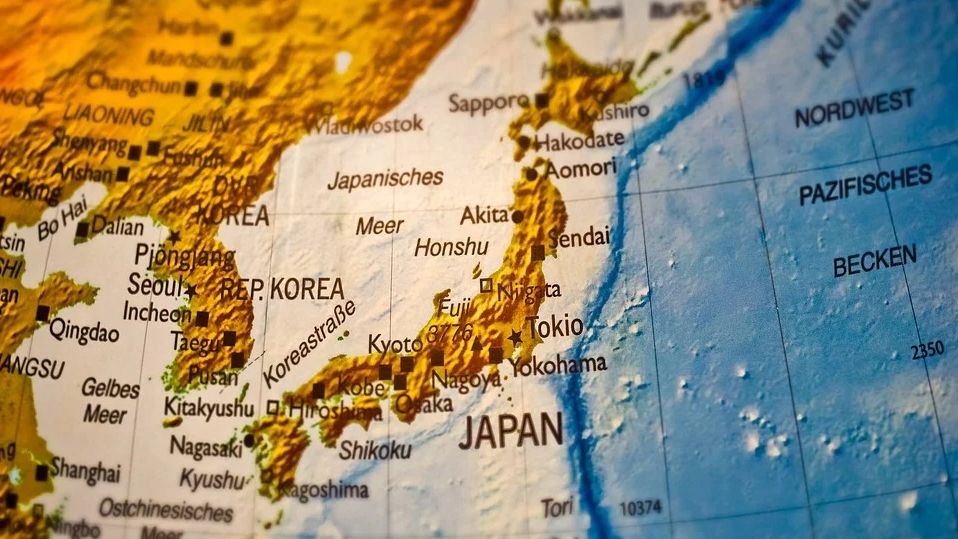
Japan’s cabinet on Tuesday approved a plan to sell other countries the next-generation fighter jets it is developing with Britain and Italy, the latest departure from the country’s postwar pacifist principles. The Associated Press writes about this on March 26.
The controversial decision to allow international arms sales is expected to help cement Japan’s role in the joint fighter jet project and be part of efforts to grow Japan’s arms industry and strengthen its role in global security. .
The Cabinet also approved a revision of Japan’s guidelines on the transfer of arms, equipment and technology to allow the sale of jointly produced lethal weapons to non-partner countries.
Japan has long restricted arms exports under its pacifist constitution, but has quickly adopted deregulation measures amid rising regional and global tensions, especially from neighboring China. The plane decision will allow Japan to export the deadly weapons it co-produces to other countries for the first time.
Japan is working with Italy and Britain to develop an advanced fighter jet to replace its aging fleet of U.S.-made F-2 and Eurofighter Typhoon fighters used by the British and Italian militaries.
He previously led an internal project called FX, but in December 2022 agreed to join forces with a British-Italian program called Tempest, which envisions the deployment of military equipment in 2035. The joint project, known as the Global Combat Air Program or GCAP, has its headquarters in the United Kingdom.
Japan hopes the new aircraft will provide the enhanced capabilities Japan needs amid rising tensions in the region, giving it a technological advantage over regional rivals China and Russia.
Due to its military past as an aggressor and the devastation that followed its defeat in World War II, Japan adopted a constitution that limits its military to self-defense. The country has long followed a strict policy of limiting the supply of military equipment and technology and banning all exports of lethal weapons, AP recalls.
Opponents have criticized Prime Minister Fumio Kishida’s government for committing to the fighter jet project without giving an explanation to the public or getting approval for major policy changes. To address these concerns, the government promised that no sales would be made for use in active hostilities.
The government also assured citizens that the revised guidelines currently only apply to jet aircraft and that changes would require cabinet approval. Potential buyers will also be limited to the 15 countries with which Japan has signed defense equipment transfer and association agreements.
Prime Minister Kishida sought cabinet approval before signing the GCAP deal in February, but it was delayed due to opposition from his junior coalition partner, the Buddhist-backed Komeito Party.
The cabinet’s decision also comes as Kishida plans a state visit to Washington in April, where he is expected to highlight Japan’s willingness to play a more active role in partnerships with the military and defense industry, the agency said.
Source: Rossa Primavera
I am Michael Melvin, an experienced news writer with a passion for uncovering stories and bringing them to the public. I have been working in the news industry for over five years now, and my work has been published on multiple websites. As an author at 24 News Reporters, I cover world section of current events stories that are both informative and captivating to read.
